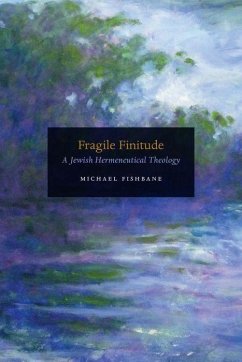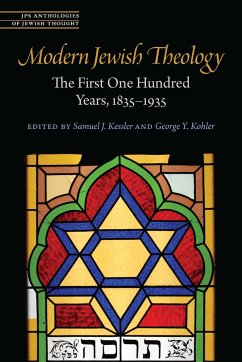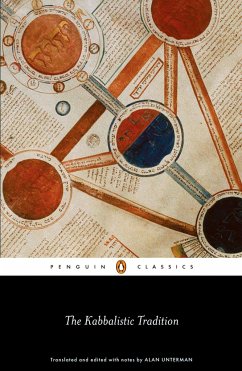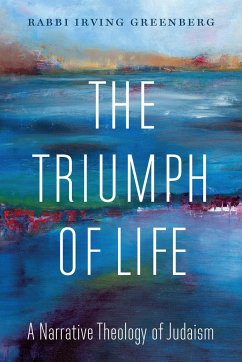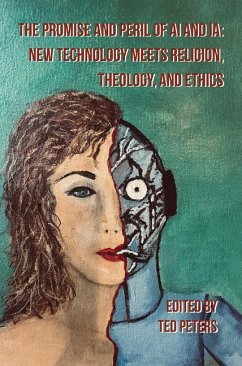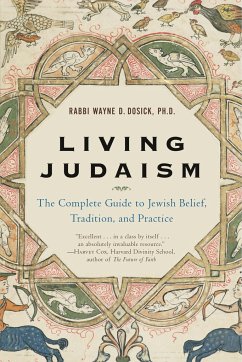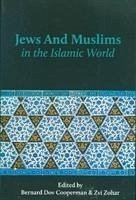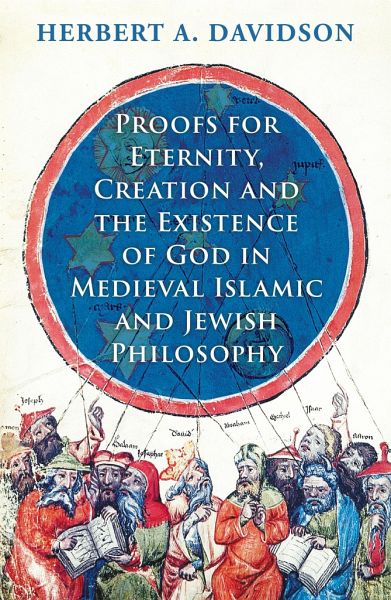
Proofs for Eternity, Creation and the Existence of God in Medieval Islamic and Jewish Philosophy
Versandkostenfrei!
Versandfertig in 2-4 Wochen
56,99 €
inkl. MwSt.

PAYBACK Punkte
28 °P sammeln!
A comprehensive, rigorous analysis of all the significant medieval Islamic and Jewish proofs for the eternity of the world, the creation of the world, and the existence of God





